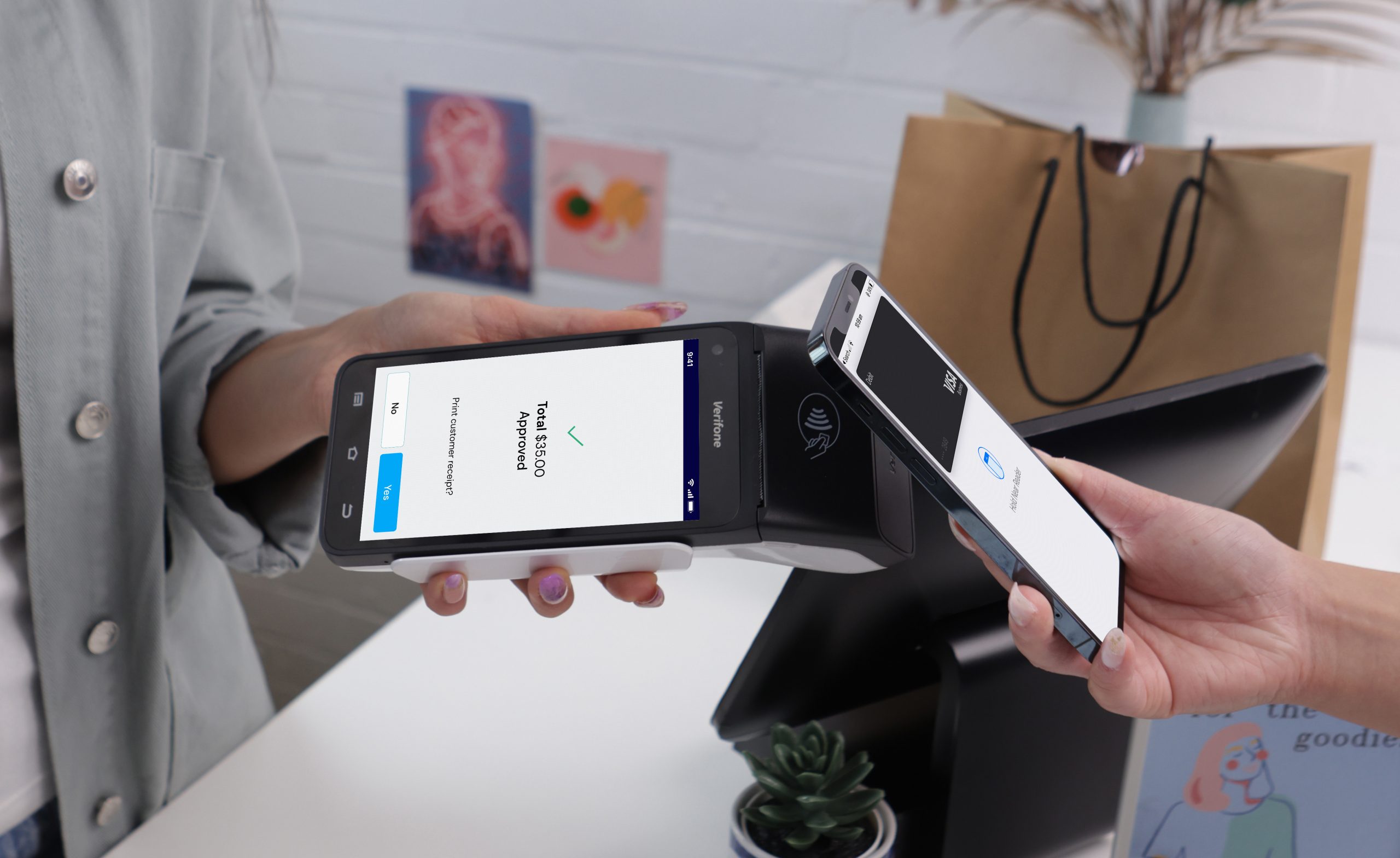As a business owner, it’s likely that you are often juggling many things at any given time. Today we’re taking some of the heavy lifting off you to share what a business bank account is and why it’s important to have one. Plus, we’ll even give you some tips on what to look out for if you’re just starting out!
While it may not be the first thing that springs to mind when you think about running your own business, it’s important for all business owners to have a business bank account set up, or at least understand the importance of them.
What Is A Business Bank Account?
A business bank account is as simple as the name suggests – a bank account that is only for your business. In having a business bank account, personal finances are taken out of the equation and payments to and from your business are made under the name of the entity or business rather than your own. Corporate bank accounts serve as the hub for overseeing a company’s financial matters. This encompasses tasks like managing payroll, settling bills, and collecting customer payments, among other crucial functions.
Most banks today offer various business bank account options tailored to match the diverse requirements that a business may have. Though, as your enterprise grows, many Banks advise diversifying your business bank account to accommodate various monetary streams and uses. A straightforward approach involves establishing accounts for key expense and income categories – consider functions like payroll, daily operational costs, and incoming client payments. This strategy streamlines financial oversight and improves organisational efficiency.
Who Needs A Business Bank Account?
Every business, big or small, can get a business bank account. If you are a sole trader in Australia, you are not legally required to have a business bank account, however it is still recommended due to the benefits it can bring. On the other hand, if you operate a partnership, company or trust in Australia, you must have a separate bank account for your business for tax purposes.
Benefits Of A Business Bank Account
There are a number of benefits to having a business bank account. While it is likely this account may incur a monthly fee, it is generally small and comes in exchange for a range of helpful merchant services that a personal bank account wouldn’t afford you.
- Allows for greater visibility of your business expenses and income
- Separates personal finances from business finances
- Makes your accountant’s job easier – saving them time, and you money!
- Easier to monitor and control your expenses
- Enhances perception of your brand with more official documentation
Compare Business Bank Accounts
You may be wondering – who offers the best business bank account? Well, like most things, it depends on what you are looking for and what your business needs, whether you are a small business or an enterprise, etc. To aid in your decision making, we’ll provide you with an overview of the offerings of Australia’s big 4, helping you narrow down who might be the best bank for your business account.
ANZ Bank
ANZ offers a Business Transaction Account that has 3 different tier options, depending on what you are after. The mid tier comes in at $10 a month for a range of features like unlimited ANZ transactions per month and access to ‘Small Business Specialists’. Plus, you can get your business bank account up and running via the ANZ app once your application has been accepted.
Commonwealth Bank Australia
Commonwealth Bank Australia (CBA) offers a Business Transaction Account that is free if you do all your banking online (as opposed to in branch which comes with a $10 monthly account fee). The account comes with a complimentary Visa Debit card and an award-winning app to make and take payments from your phone.
National Australia Bank
NAB’s Business Everyday Account, which comes in at $10 a month is for ‘businesses making a large number of cash and cheque transactions.’ While the account offers free assisted transactions and an optional linked Debit card, it has less features than some competitors’ offerings.
Westpac Bank
Westpac offers a Business One account that has 2 options, either $0 or $10 depending on where you conduct your banking, similar to CBA. The Business One Plus offers unlimited free electronic transactions, a debit mastercard for use and account holders are eligible for their EFTPOS Air mobile app.
How To Open A Business Bank Account
If you are planning on opening a business bank account, there are a few pieces of documentation and information that you may need. The information required will vary depending on your business and the bank you are going with but is likely to include:
- Business name
- Primary business address
- Australian Business Number (ABN)
- Industry type
- Identification documents of all owners and partners
For more information on how to open and set up your business bank account, please consult the Australian Government’s guide.
FAQs:
As you might have guessed, there’s no ‘perfect’ bank for business banking. All banks have slightly different offerings that may or may not suit your business, so after a bit of research, it’s up to you to determine which service best meets your business’ needs.
The business bank account you choose will depend on what you need. To ensure you choose a business bank account that works for you, you should note down all of the activities that you will commonly be engaging in and begin researching your options. From here, you can begin the process of elimination, which should leave you with a few possible avenues.
The timeframe for getting a business bank account approved in Australia can vary based on several factors. Generally, the process takes anywhere from a few days to a couple of weeks, or the same day in some cases. The exact duration depends on:
- Bank account type
- Documentation
- Application complexity
- The Bank’s workload
- Review and compliance processes
To streamline the process, ensure that you have all required documentation ready, understand the specific requirements of the bank you’re applying to, and maintain open communication with the bank throughout the application process. If you’re in a hurry to set up your business bank account, it’s recommended that you go to the bank in person.
Any advice provided on this blog does not take into account your personal needs, financial circumstances or objectives and you should consider whether it is appropriate for you.





